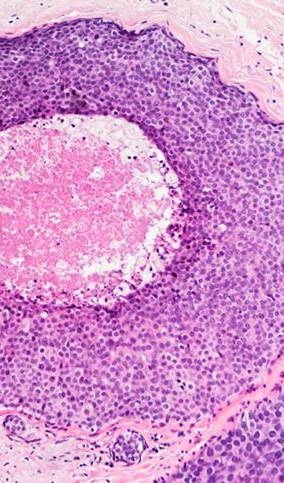Breast cancer study

Fucoidans have been extensively studied for their potential anti-cancer properties. Key areas of global investigation have included cancer cell inhibition and cell cycle arrest, reduction in tumour growth, immune activation, and scavenger receptor modulation.
A recent Taiwanese study developed a fucoidan-based nanoparticle, investigated its safety profile and its potential to inhibit breast tumour progression in a mouse model.
The study showed that the nanoparticles significantly inhibited antitumor activity in comparison to free form fucoidan. The researchers suggested that the fucoidan nanoparticles enhanced cell uptake efficiency and the induction of higher-level reactive oxygen species in cancer cells.
The study also reported that the nanoparticles the group synthesised, derived from Fucus vesiculosus fucoidan manufactured by Marinova in Australia, had a favourable safety profile. The fucoidan nanoparticles did not induce any adverse effects in the mice.
This latest research suggests that future studies exploring the mechanisms on tumour and metastasis inhibition are warranted. In addition to the activity reported in this study, fucoidan nanoparticles may have a potential future role in the controlled release of cancer therapies.
The full paper, ‘Fucoidan-Based Nanoparticles with Inherently Therapeutic Efficacy for Cancer Treatment’, was published in the journal Pharmaceutics.